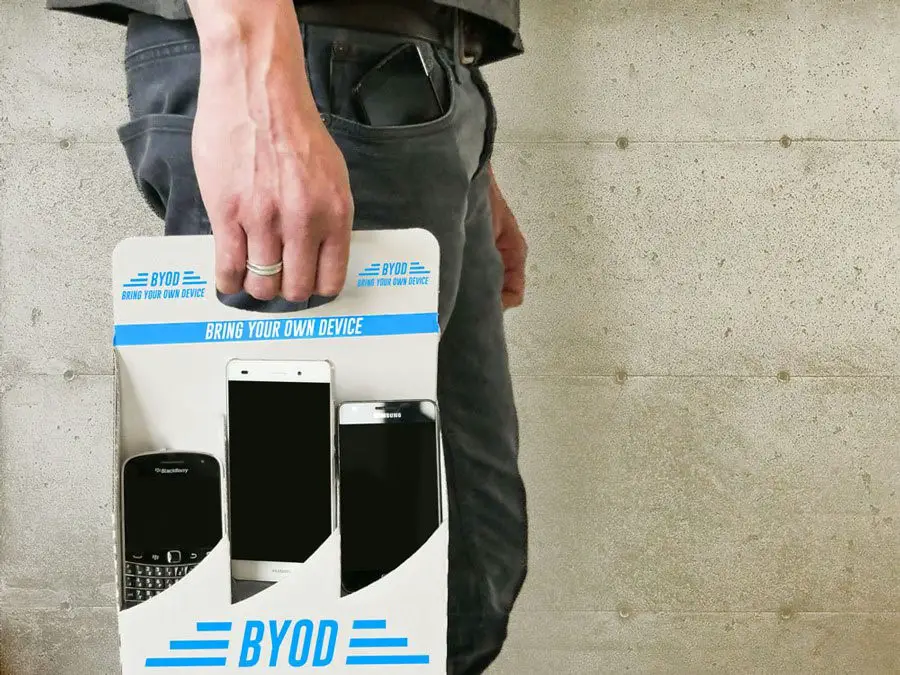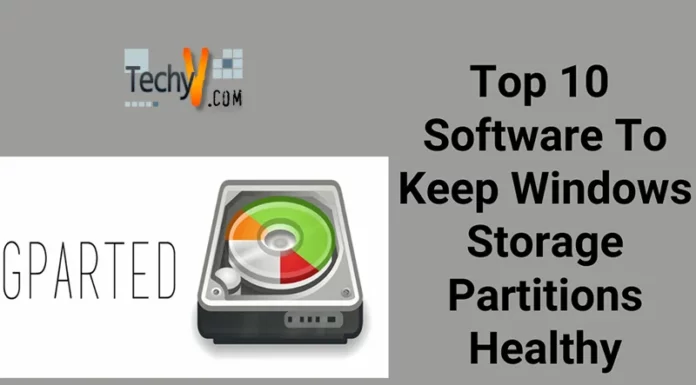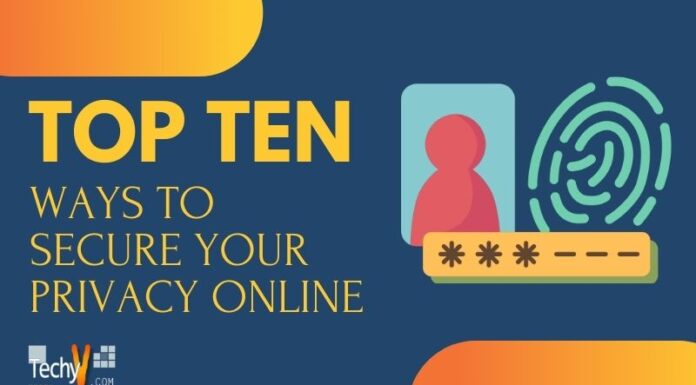Employees are encouraged to use their own devices to access company systems and data under the latest IT trend known as BYOD or Bring Your Own Device. BYOD is a movement that impacts every employee in the company, from the CEO to the hourly worker. It is a small part of the more significant trend of IT consumerization, where customer hardware and software are allowed into organizational premises. Even today, IT departments still struggle to keep up with the frequent technological changes. Some other initiatives have come to fall under the umbrella term “Bring Your Own Device” (BYOD) (BYOPC). These programs are introduced to empower workforces and align them with the idea of IT consumerization. YOD policies can be a great idea to increase worker satisfaction and convenience, and >74% of organizations either utilize this trend or plan to do so shortly. By 2022, the market for BYOD to reach $350 billion, up from just $94 billion in 2014.
Why is BYOD important?
- 60% [of people] use a smartphone for work purposes while 31% desire one.
Not only that, but
- 61% of Gen Y and 50% of 30+ workers think the tech tools they use for personal use are more efficient and effective than the ones they use for work.
1. Why BYOD Is Essential For Productivity
Employees are pretty often, and understandably, more at ease using their systems; because they are familiar with how they operate, which increases productivity. As an individual, I favor Windows for my laptop and Android for my mobile device. I consider myself tech-savvy, but I have given an iPhone and a Mac laptop. I began to feel disadvantageous right away. Even though that the fact that they are fantastic devices, the learning curve surprised me because I knew nothing about Apple. All the shortcuts I had learned and swiped actions I was accustomed to either stopped working or behaved differently, causing frustrating delays and mistakes with even straightforward tasks.

2. Can Utilize BYOD + Cloud
If a company has tried BYOD but it did not work, combining BYOD and Cloud Computing may be the missing piece. Businesses can use BYOD with the Cloud and only pay for what they use. Here are a few more advantages. Increased Security. Improved Visibility for Employers. Increased Efficiency.

3. Up-To-Date Technology
Devices owned by the companies may not be updated regularly. They might even decide to disregard any security updates, putting your private information at risk. However, they are probably more careful to install the most recent updates and keep themselves and other devices updated. Additionally, it might not be financially feasible for a company to keep buying brand-new gadgets for every employee to keep up with the most recent computer and mobile technology. However, whenever newer versions are released, employees frequently change their devices.
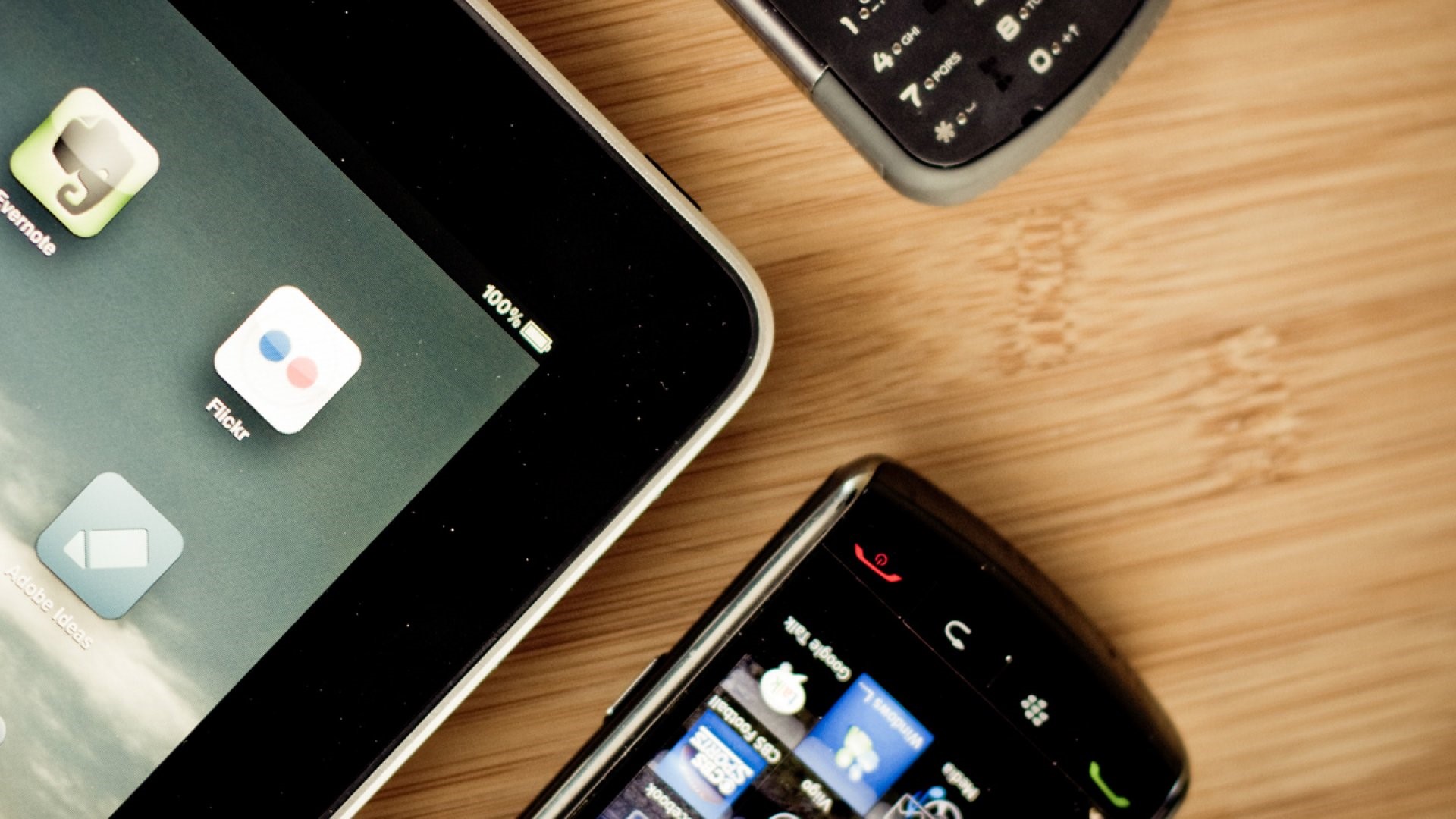
4. BYOD Is A Manageable Strategy With Proper Discipline Rules
BYOD offers fresh learning opportunities for those who worry about the possibility of edge-bending on devices. Technology ethics and etiquette are educated by educators, which is increasingly important. BYOD in the classroom is managed just like any other resource. Some employers use mobile device management software at work, which can reduce the risk of personal data.
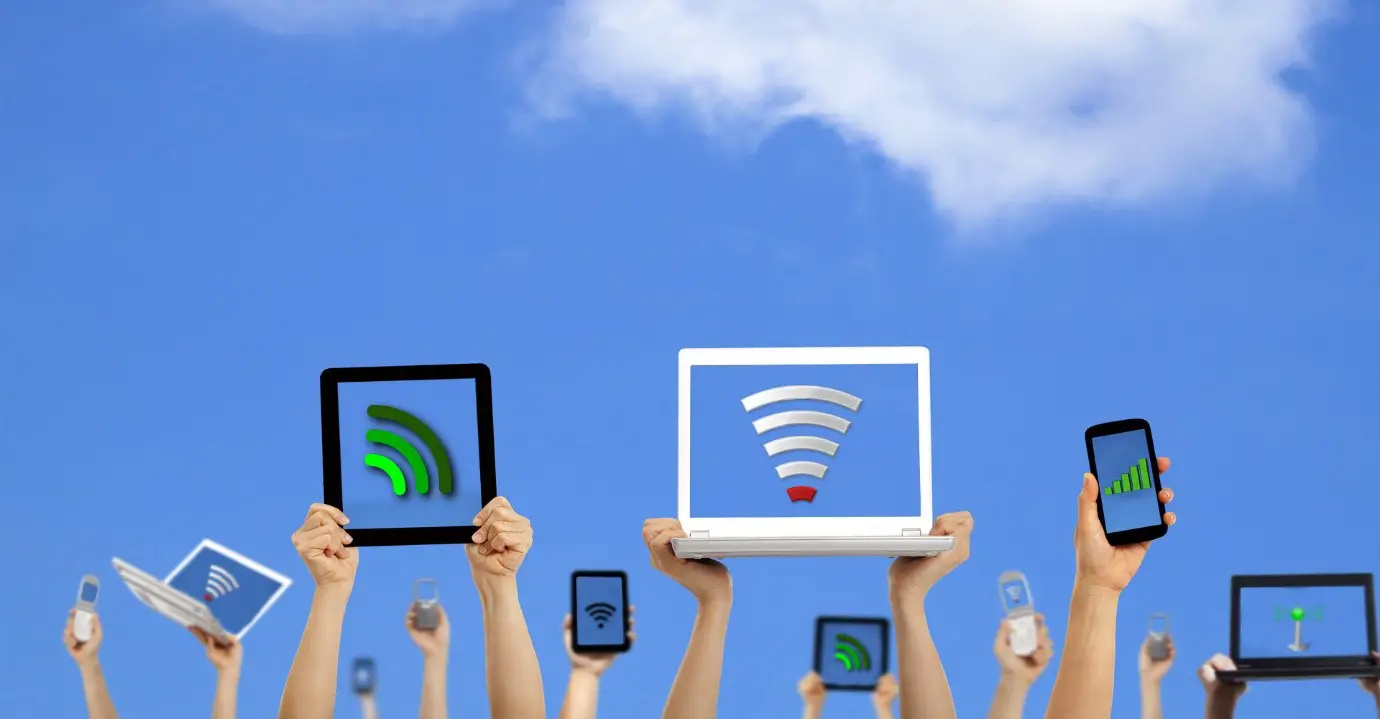
5. BYOD Can Encourage Employee Retention
A successful business relies heavily on winning over its employee’s loyalty. A higher customer retention rate can reduce your hiring and training expenses but also reduces the chance of user disturbance. People will therefore be more likely to stick around an organization. On the other hand, it is much simpler to remotely disable someone’s app login access if they leave your business. Additionally, it spares you from having to look for any company-owned assets that they might have.

6. BYOD Makes Differential Instruction Easier
To address various learning needs, teachers can use media. To take advantage of their education, students can use BYOD. Many technological tools can assist students with special needs or even translate words for ELL students. Students who need practice can research more complicated applications individually, while gifted students can. For instance, some school districts use Think through Math, a program that offers live online tutoring to students.

7. Save Money On Hardware
You would immediately save money since you wouldn’t need to buy or replace a laptop or a cell phone. You will experience sizable per-employee cost savings as the repeat expense is detached.

8. Flexibility Is One Of The Critical Factors For Employee Happiness
The flexibility of the workplace, which millennials in particular value as one of the main factors contributing to job satisfaction, includes BYOD. Flexibility in the workplace generally boosts commitment, spirit, and engagement among workers. Employees with a better work-life balance are not only more productive but also less likely to take sick days or quit their jobs. That is because they can choose the tools they use and where they use them.

9. Save Money On Support And Training
You are no longer responsible for paying for the upkeep and repairs of your laptops and cell phones. Additionally, since your staff will already be familiar with the technology, you don’t need to spend time training them in it.

10. Connect The BYOD Technique To The Acceptable Use Principles
Corporate phones are commonplace and are managed on networks the same way that desktops, laptops, and other devices are. Allowing access to the web for personal devices raises the issue of whether doing so exposes the VPN to websites that might or might not be secure. It might be necessary to have discussions about the acceptable use policy.
